|
In America, poverty doesn't always involve lacking enough money to eat or to pay the bills. Poverty often is the experience of viewing the affluent society.
Consider jewelry. A poor person, for lack of access, may covet gold or fine diamonds. Here's a question: Are supposedly unbreakable diamonds all they're cracked up to be? Following is a short passage from the book Ad Nauseam, which examines the U.S. consumer mentality and in the process delves into the gaps between rich and poor: "In the late 1800s, the Oppenheimer family established a diamond monopoly with its company, DuBeers. At the time, diamonds were practically worthless compared to other gems, but DuBeers set out to change that by limiting their supply, driving up the price. "In the 1930s .... DuBeers turned its focus to marketing. The company gave Hollywood starlets hefty stones, arranged glamour photo shoots, and script-doctored movies to include scenes of jewelry shopping. .... And DuBeers visited high schools to teach girls about the value of diamonds. "In 1947, DuBeers' ad agency came up with the massively successful slogan, '˜A diamond is forever,' which implied that diamonds don't crack, break, or lose value. They do, but it needn't have mattered. Thanks to clever marketing, the diamond came to symbolize true love and diamond rings became an inseparable part of courtship and marriage." One might logically ask, if all this is true, why would a poor person care about jewelry? As they used to call it when we were young and in school: Peer pressure. Sad, but true.
1 Comment
by Michael Thompson, Contributing Writer
We are hearing that the federal poverty rate of 14.3 percent in the highest since the 1960s.
Before criticism is directed at President Barack Obama, however, consider these points: 1) Obama fought to extend unemployment benefits, but an individual who receives $300 still heads a family in poverty. $300 per week equals $15,000 per year. The federal poverty income is about $20,000 for a family of four. 2) Obama pushed to raise the minimum wage to $7.25 an hour. Anyone lucky enough to get full-time hours in the minimum wage economy still is bringing home a scant $290 per week .... again, below the poverty level. These folks may officially remain in poverty under Obama, but they would be in far worse shape if he had not been elected president. Health care legislation eventually will bring them into the system as well.
by Michael Thompson, Contributing Writer
To feed the poor in Detroit, the Capuchin Soup Kitchen doesn't just look for cash and canned good donations.
The 2-acre Earthworks urban farm that surrounds the soup kitchen facility provides plenty of fresh fruits and vegetables.
Some of the 460-ton harvest goes on the plates of the soup kitchen's 100 daily patrons. Other portions of the produce are given to family's in need. Sales to support the project are made on site and at downtown's Eastern Market.
Earthworks expanded in 2001 and began working with the Wayne County Department of Heath, which oversees the federal Women Infant and Children (WIC) food program. One aspect of WIC is Project FRESH, which encourages parents to serve their children fresh fruits and vegetables rather than unhealthy fast food and snacks. In this respect, produce from the Earthworks farm is helping to combat child obesity.
Learn more about Earthworks and Capuchin Soup Kitchen:
http://www.cskdetroit.org/ http://www.cskdetroit.org/EWG/
by Michael Thompson, Contributing Writer
As we strive for action plans to combat global poverty, I have always found myself in lament of a special wish. I wish “million” did not rhyme with “billion” which rhymes with “trillion.” They sound so much alike, but they are such different numbers. A billion dollars is 1 million dollars, repeated 1,000 times. A billionaire is somebody, or some entity like our government, who therefore owns the resources of 1,000 millionaires. A trillion is 1 million dollars, 1 million times. And to think of how we shop with cents-off coupons, while we sort of idolize the ignorant excesses of our celebrities, the so-called rich and famous...
To me, our resources are so totally wrongly directed. I want to go batty each time I visit the web site costofwar.com. I invite you to go look, the site will show you the costs of the Middle East war campaigns in our new millennium.The tragedy is all spelled out. The United States Congress has NOW authorized $47 billion to continue the warfare in Afghanistan and Iraq. Now, I have supported President Obama and maybe he knows something I don’t know, but there are 70 Democrats within the past year who have changed their minds. I probably should not even be citing dollar amounts, considering the overriding question of carnage, with so much killing and so many amputees and crippled children.. I believe President Obama may be making a measured judgment in perceiving that this horrible carnage is a necessary evil in preventing the more horrendous carnage that terrorists would inflict. He seems to be a good man, not just a good man but an outstanding leader who wants to serve for the common good. But when I think of the horror of warfare and violence, and when I take note that the United Nations estimates that a $30 billion annual investment could resolve global hunger, I have to give pause. Hunger truly is a form of violence, and to address global poverty we must address hunger first. I only wish President Kennedy a half century ago would have decided that we don’t need to go to the moon, that we need to deal with global poverty and alternative energy, and the we needed to get out of Viet Nam. SOURCE http://wiki.answers.com/Q/What_would_it_cost_to_solve_world_hunger
by Michael Thompson, Contributing Writer
Wal-Mart stores have been selling red-white-and-blue T-shirts that were especially popular prior to the Fourth of July. They display a map of the U.S.A., awkwardly patterned with the Stars & Stripes obliterating the Pacific Northwest. They are a real bargain at only $2, although they give an appearance that the map and the flag may fade quite quickly when washed, after all, the name of the manufacturer is “Faded Glory.” Is that a metaphor for how these sweat-shop cheap imports are contributing to global poverty? The shirts are made in Guatemala, by workers who earn an average of 53 cents an hour.
According to the organization Globalization and the Poor, average Third World hourly wages for apparel workers are 13 cents in Bangladesh, 26 cents in Vietnam, 34 cents in Indonesia, 44 cents in China, 49 cents in Haiti, and 75 cents in Nicaragua. This makes average pay in places like El Salvador ($1.38) and the Dominican Republic ($1.62) seem downright lucrative. Some globalization apologists argue that U.S. companies actually are paying more than domestic manufacturers in the Third World, and that if the Americans were to pull out, global poverty would become even more severe. There’s a solution, according the group Global Watch – an international minimum wage. All sorts of trade agreements are governed under the World Trade Organization. Why not this? And the next time you see an item or a product that displays a U.S. flag, check the label! SOURCES http://www.independent.org/publications/working_papers/article.asp?id=1369 http://www.thirdworldtraveler.com/Reforming_System/TimeLivingWage.html |
Speak Up!
Archives
July 2018
Categories
All
|
- Brand Shamans
- Brand Healing
- Inner Healing
-
INTENT-SIVE NATURE
- Content & Brand Elevation
- Healing Jewelry & Talismans
- Bath, Beauty, & Self-Care
- Healing Sessions
- Rituals, Herbs, & Altar Supplies
- Gawwwdess Baby Boutique
- Soul Flame Gifts
- Yoga & Meditation
- Books & Media
- Education & Homeschool Resources
- Home, RV, & Decor
- Clothing
- Pets
- Custom Orders
- Monthly Subscription Boxes
- October Festivals
- Herbal Intent
- FLOW-Key Parenting
- About & Contact
- RV, Nature, & Travel Shamans
- Souls Within
- Life & Home
- Heart 'N Mind Homeschool
- The Homeschooling Mommy
- Books & Authors
- Speak Up!
- Pawsitive Pet Parenting
- Manifesterz
- Gifts In Minutes
- Brand Shamans
- Brand Healing
- Inner Healing
-
INTENT-SIVE NATURE
- Content & Brand Elevation
- Healing Jewelry & Talismans
- Bath, Beauty, & Self-Care
- Healing Sessions
- Rituals, Herbs, & Altar Supplies
- Gawwwdess Baby Boutique
- Soul Flame Gifts
- Yoga & Meditation
- Books & Media
- Education & Homeschool Resources
- Home, RV, & Decor
- Clothing
- Pets
- Custom Orders
- Monthly Subscription Boxes
- October Festivals
- Herbal Intent
- FLOW-Key Parenting
- About & Contact
- RV, Nature, & Travel Shamans
- Souls Within
- Life & Home
- Heart 'N Mind Homeschool
- The Homeschooling Mommy
- Books & Authors
- Speak Up!
- Pawsitive Pet Parenting
- Manifesterz
- Gifts In Minutes


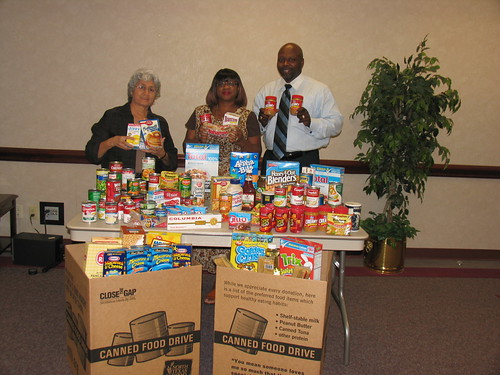


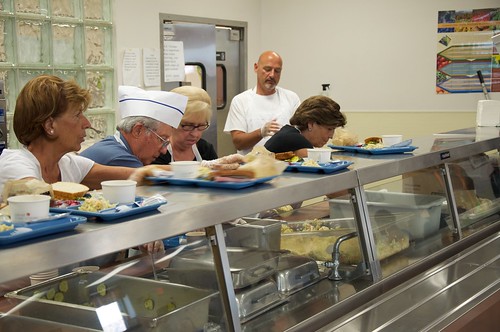
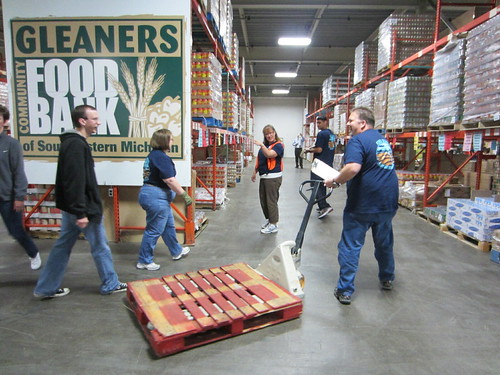
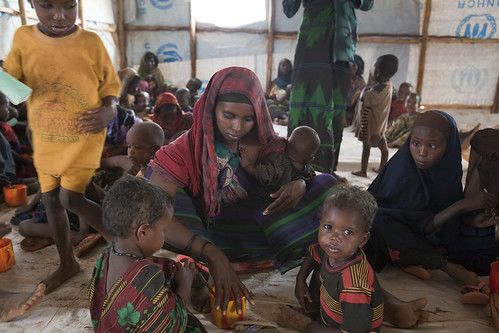
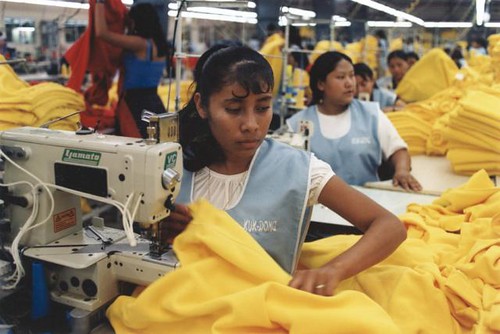
 RSS Feed
RSS Feed




